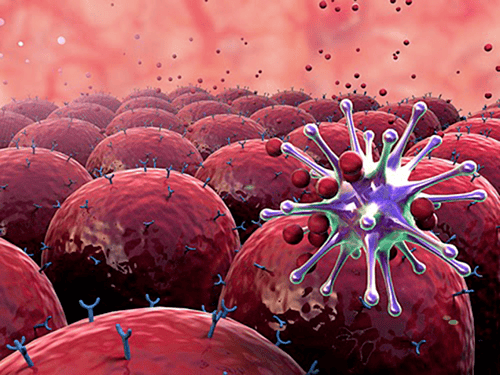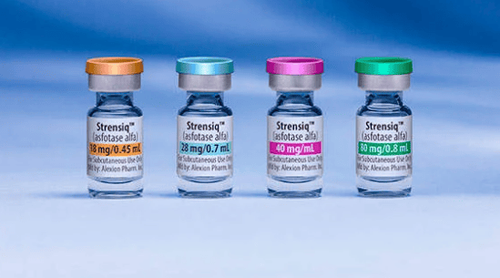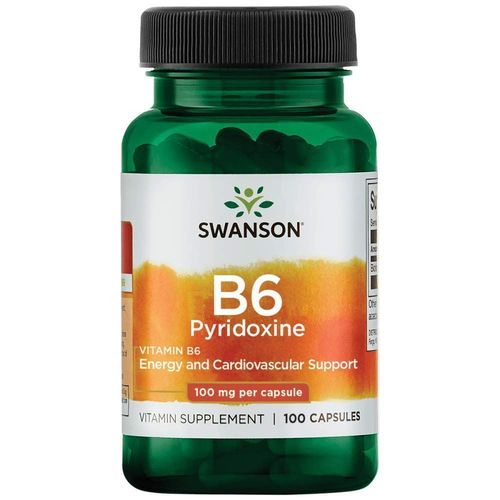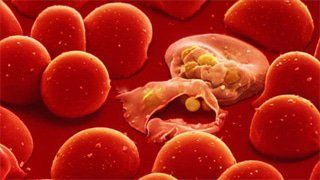This is an automatically translated article.
B and T lymphocytes are produced in the bone marrow and circulate in the blood and lymph tissues. These cells work together to protect the body against foreign organisms such as bacteria, viruses, and cancer cells. This article will provide information about T lymphocytes, what is normal in the blood, and what happens if the cells are too low or too high.1. What are T cells and where do T lymphocytes mature?
T cells develop from mature liver or bone marrow stem cells in the thymus and differentiate into several different types, including:
Cytotoxic T cells find and attack directly into microorganisms that are harmful to the body such as bacteria, viruses and cancer cells; Helper T cells cooperate with other immune cells and organize the immune response; Regulatory T cells help suppress the immune system to overreact (as in autoimmune diseases), but the biological aspects of these cells remain a mystery. and is still being studied by scientists; Natural killer T cells (NKT) are not the same as natural killer cells (NK), but they do have a few similarities. NKT cells are cytotoxic T cells that need to be activated and differentiated first to perform their immune duties. Both NK and NKT cells are cytotoxic cells that can respond rapidly by killing tumor cells and participating in anti-tumor immune responses.

Memory T cells record markers on the surface of previously killed bacteria, viruses or cancer cells. A T-cell count may also be called a thymus-derived lymphocyte count or a T-lymphocyte count. If you're on HIV treatment, this test may be called a CD4 cell count. . Some T lymphocytes have CD4 receptors, which is where HIV attaches to these cells.
Trắc nghiệm: Thử hiểu biết của bạn về bệnh ung thư
Ung thư là nguyên nhân gây tử vong hàng thứ 2 trên thế giới. Thử sức cùng bài trắc nghiệm sau đây sẽ giúp bạn có thêm kiến thức về yếu tố nguy cơ cũng như cách phòng ngừa bệnh ung thư.
Bài dịch từ: webmd.com
2. When is a T-lymphocyte test needed?
Your doctor may order a T-lymphocyte count test if you have symptoms of an immunodeficiency disorder, such as HIV infection. Symptoms associated with other diseases, like leukemia or cancer, can also cause T-cell counts to rise.
Symptoms of an immunodeficiency disorder include:
Frequent infections Infections from bacteria or other organisms that do not cause serious infections Problems with recovery from illness Infections that do not respond to treat Fungal infections, such as yeast infections Parasitic infections

3. What preparation is required before a T-lymphocyte test?
To perform this test, a doctor or nurse only needs a small blood sample from a patient's arm vein.
Before the test, the patient should tell the doctor about all the medications they are taking, including over-the-counter (OTC) and prescription drugs or supplements.
Because some drugs can affect the T-lymphocyte count, the test results may be altered. Your doctor may ask you to stop taking your medicine for a while or change your dose before the test.
Drugs that can affect T-lymphocyte counts include:
Chemotherapy drugs; Radiotherapy; Corticosteroids; Immunosuppressive drugs, such as those that inhibit the rejection response. Recent surgery or intense stress can also affect T-lymphocyte counts.
4. T lymphocyte test results

Normally, the T-lymphocyte count is between 500 and 1,600 T-lymphocytes per millimeter of blood (cells/mm3).
4.1. Low T-lymphocyte count A low T-cell count is more common than a high T-lymphocyte count. A low T-lymphocyte count usually indicates a problem with the immune system or the lymph nodes such as:
Viral infections, such as the flu Aging Immune disorders Exposure to radiation HIV and AIDS affects the blood or lymph nodes, such as Waldenström's disease (Waldenstrom's macroglobulinemia), leukemia, and Hodgkin's disease. Congenital T-lymphocyte deficiency, in rare cases 4.2. High T-lymphocyte count This is less common, but if it does, it can be in the following situations:
Infectious mononucleosis Leukemia/acute leukemia Acute Lymphocytic Leukemia (ALL) Multiple myeloma, a cancer that affects the plasma cells in the bone marrow Genetic disorders, eg autoimmune lymphoproliferative syndrome
Please dial HOTLINE for more information or register for an appointment HERE. Download MyVinmec app to make appointments faster and to manage your bookings easily.
Articles referenced sources: cancer.gov, sciencedirect.com, healthline.com, medicinenet.com
MORE:
Mechanisms of the body's defenses of white blood cells Risk factors for chronic leukemia Lymphoma (CLL) Common types of leukemia













